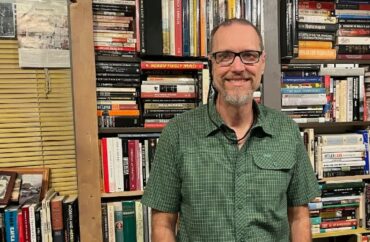
Diversity, inclusion are important, but must include open discourse: professor
“Diversity and inclusion” are important aspects of higher education as long as they are coupled with free speech and merit, a liberal California professor says.
But Antelope Valley College Professor Santi Tafarella told The College Fix he is troubled by the socialist and Marxist ideologies that have become so closely entwined with DEI. And his concerns recently prompted him to become more vocal about the issue, first on his own campus and then to the wider society.
“The problem is the equity piece in the DEI culture. It’s kind of a bait and switch, from equality of opportunity to equality of outcomes. That’s where you get socialist, Marxist ideas,” he told The Fix in a recent phone interview.
A professor of English, Tafarella (pictured) described himself as politically center-left, with some libertarian leanings. He has been teaching at the community college for 24 years, and he told The Fix he believes community colleges should promote diversity and inclusion.
Many of his students come from first-generation, low-income, and Hispanic or African American backgrounds, he said.
While they have the capability to think critically, they may not have the background knowledge that some professors assume – many of whom are older and white, and grew up in higher income families with parents who also went to college, he said.
It’s a matter of being “sensitive to your audience,” he said. In English classes, for example, he said professors should think beyond the western canon and include poets like Chilean Nobel Prize winner Pablo Neruda as well as American Robert Frost.
He told The Fix about a Hispanic student who came up to him after class one day, expressing an interest in reading. The young man was the first in his family to go to college, he said.
“I fed him books for a year or two,” and then, seeing the student’s potential, encouraged him to set his sights high and apply to the top universities in the country, Tafarella said.
The young man was accepted at several, graduated from the University of California Berkeley, and now has a successful, high-paying career in New York City, he said.
That is why “diversity and inclusion,” as properly understood, are important, Tafarella said.
“This is not political correctness. This is being human with other people and trying to bring them along,” he said.
Parts of DEI ‘not consistent with academic freedom’
But some of the concepts being promoted as part of DEI do concern him.
More interested in “building bridges” than causing division, Tafarella said he only recently began speaking out about his concerns with socialist ideas trickling into community colleges.
The impetus occurred in the fall when Antelope Valley College President Jennifer Zellet asked the Academic Senate to endorse a “Diversity, Equity, Inclusion and Accessibility Glossary of Terms.”
Tafarella, who serves on the senate, told The Fix the glossary was “clearly a manifesto” and “not consistent with academic freedom.”
Its purpose was to “guide campus administrators and leadership in policy formation, hiring, faculty evaluations and even course outlines of record,” he wrote at the Wall Street Journal in February.
“It commits them to a radical, racially charged ideology. ‘Merit,’ for instance, is defined as ‘a concept that . . . is embedded in the ideology of Whiteness and upholds race-based structural inequality,’” he wrote.
Although worried about “blowback,” Tafarella said he also knew adopting the glossary would alienate anyone who is not far-left politically, including “liberals and moderates and conservatives.”
Initially, he and a colleague did speak up about their concerns, and were met with hostility by their dean and some of the faculty in their related departments, he said.
However, Tafarella said word spread to the wider campus and more professors on the Academic Senate began raising similar concerns.
Since then, he said administrators decided to delay voting on the glossary, worried it would not pass.
Tafarella told The Fix he does not want to “demonize ideologues,” but he thinks administrators and academics who support DEI should should be open about the socialist beliefs behind it.
Often instead, he said language is couched in Orwellian ways, “instead of speaking openly about what” they are trying to do.
The role of educators is to teach students “how to think rather than what to think,” he said. He said professors and administrators also should be modeling “measured neutrality and critical thinking” for students.
To create a successful educational environment, Tafarella told The Fix he believes colleges should promote diversity and inclusion, be committed to free speech and viewpoint diversity, and adopt neutrality policies.
“If any of those things are not there, if you have passionate politics instead of neutrality, you’re undermining the purpose of a college,” he said.
MORE: Lawsuit targets DEI faculty mandates at California community colleges
IMAGES: Santi Tafarella
Like The College Fix on Facebook / Follow us on Twitter

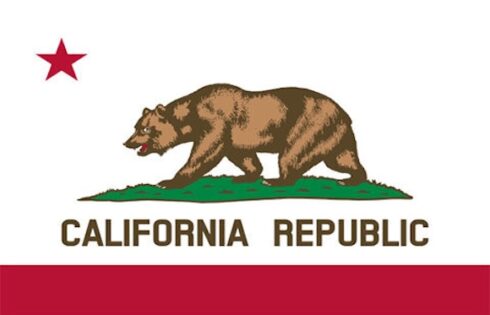

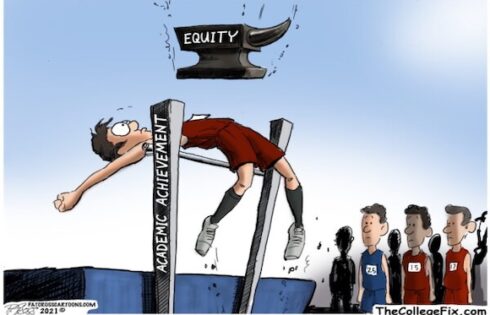
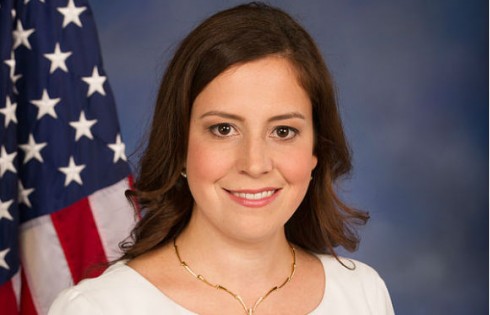
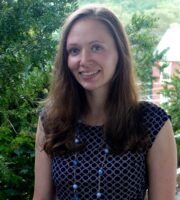
Please join the conversation about our stories on Facebook, Twitter, Instagram, Reddit, MeWe, Rumble, Gab, Minds and Gettr.